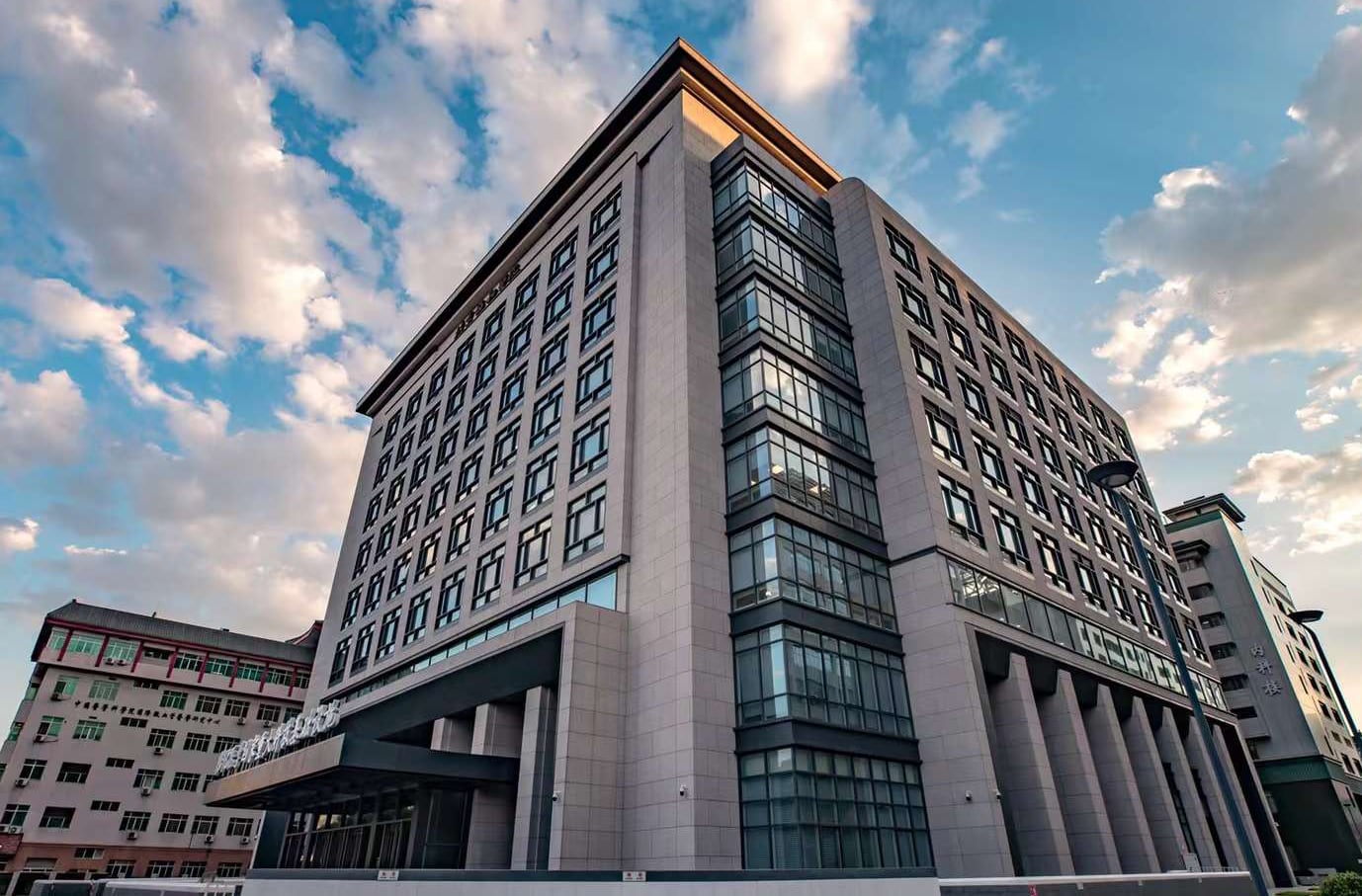Introduction of DISCO study
We have spent six years in collecting DNA and clinical information from over 2000 diagnosed patients with scoliosis and some of their family members. The DISCO study group is committed to interpret the genomic data produced from all the subjects in the study over the coming years, aiming to increase the diagnostic yield, decipher the novel genetic etiology and the disease mechanisms. Our ultimate goal is to provide precise clinical practice guidelines for molecular diagnosis and disease management, genetic counseling, and even therapy to the patients.Our research is originated from early clinical encounters with patients suffering scoliosis disorders. Our investigations into the pathogenesis of scoliosis will advance our understanding of somitogenesis during development and the course of scoliosis conditions. We are trying to unravel the risk factors and potential mechanisms of scoliosis, especially those with vertebral malformations and develop more effective clinical diagnostic strategy and intervention methods based on these discoveries.

Focus
By using state-of-the-art genetic and genomic technology, we aim to find out the genetic etiology of scoliosis and comorbidities.
By taking both in vivo (animal models) and in vitro experiments, we try to advance our knowledge for the pathogenic mechanisms involved in scoliosis.
By translating our research findings into clinical application, our purpose is to increase the diagnostic yield and improve disease management for those patients suffering scoliosis.

Contact Us
Nan Wu M.D.
Department Vice Chairman, Chief Surgeon & Professor
Department of Orthopedic Surgery, Peking Union Medical College Hospital (PUMCH)
Laboratory chief, Key Laboratory of Big Data for Spinal Deformities, Chinese Academy of Medical Sciences (CAMS)
PI, Peking Union Medical College (PUMC) & CAMS State Key Laboratory of Complex Severe and Rare Diseases
Co-founder, Deciphering disorders Involving Scoliosis and COmorbidities (DISCO) study
Zefu Chen, M.D., Ph.D.
Division of Spine Surgery, Department of Orthopedics, Nanfang Hospital, Southern Medical University, Guangzhou
China Key Laboratory of Big Data for Spinal Deformities, Chinese Academy of Medical Sciences (CAMS)
Key Laboratory of Big Data for Spinal Deformities Chinese Academy of Medical Sciences, Beijing, China

Deciphering Disorders Involving Scoliosis and Comorbidities (DISCO). All Rights Reserved.